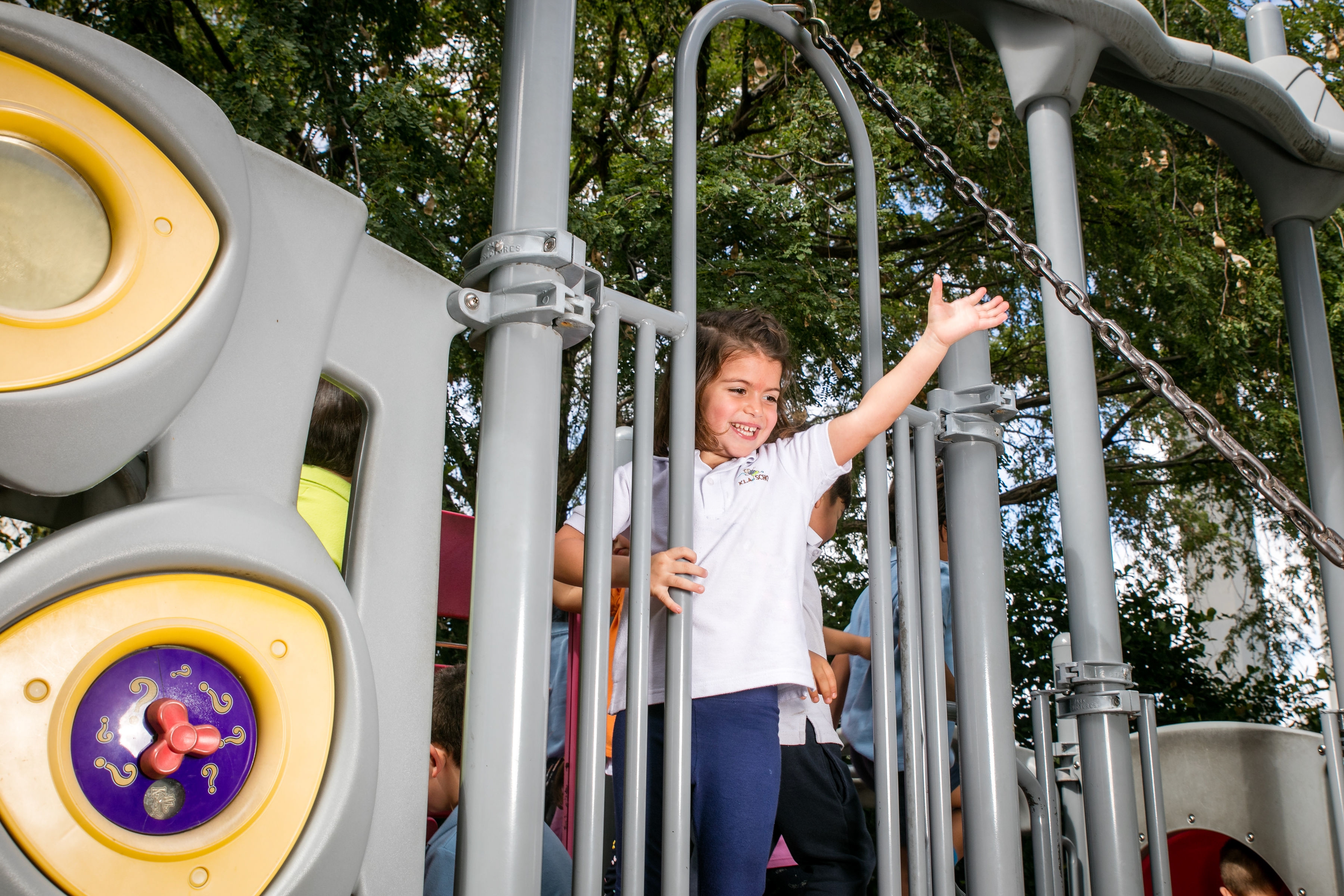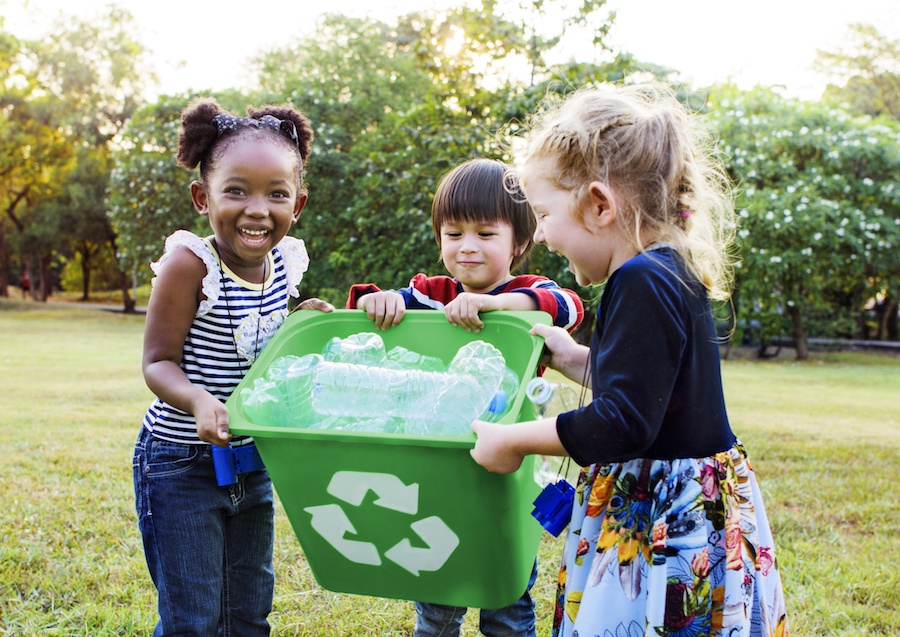Getting Your Child Involved in Community Projects
Topics: Child Development
Age Range: Preschool
Many parents want to help their children understand that we are all different and can co-exist peacefully. One way to demonstrate compassion for your area’s variety of people, values, and ways of thinking is to help your child get involved in community projects. Even very young children can learn to help others and engage with the people in their communities. Here are some ways you can help your child get involved.
Start with neighbors
The community members that your child is likely the most familiar with are your close neighbors, whether it’s the family next door or the babysitter at the end of the block. Finding ways to help these familiar neighbors can be an easy introduction to community service, especially if your child is shy around people they don’t know. Perhaps your preschooler would like to draw a card for their sick babysitter, or offer to share some toys with the children next door. You can help your child understand the importance of their actions by saying things such as, “It’s so nice that you wanted to give them your toy trucks. You know they’ll be very happy to play with them.”
Clean up
Beautifying your neighborhood doesn’t have to be reserved for large community efforts. In fact, picking up litter or recycling in your neighborhood is a quick way to show your child how easy it is to be considerate of others. The next time you’re out at the playground or walking to school, keep an eye out for cans, food containers, and other litter that you can pick up and discard properly. You can even organize a small group of friends and neighbors to spend an hour filing garbage and recycling bags. Be sure to give your child appropriate gloves to wear, and let them know what is safe to touch and what they should leave for adults to pick up.
Donate toys, clothes, and games
Encouraging your child to donate toys, clothes, and games that they no longer want or use is an ideal way to teach them gratitude. Explain to your child that some children don’t have as many clothes or toys as they do, and ask if they can find some items to donate. Let your child give as much as they like – even one toy and one piece of clothing will teach them generosity. Take your child with you when you drop these items off at the charity, shelter, or secondhand store, so they will gain a better understanding of the immediate benefits of their charitable actions.
Write letters
Many children have a unique talent for identifying issues in their communities, and how they can be fixed. While encouraging this sort of problem-solving is good, you can help your child take their beliefs one step further by helping them write a letter to the appropriate official about the issue. For example, if your child notices that a portion of the sidewalk in front of the local library is damaged and elderly people are having trouble navigating it, you can help them by finding the appropriate contact information for that civic department. Then, you can write a letter on behalf of your child, or have the child write the letter themselves if they are old enough. While the act of writing to government officials is often reserved for adults, having your child involved in the process will help them feel that they truly can make a difference in their community.
Volunteer with child-friendly organizations
Many charity and volunteer organizations encourage families to take part together. For example, your family can harvest plants or feed animals at a local farm, serve food at a homeless shelter, or sort donations at the food bank. Some organizations allow older children to volunteer on their own, with younger children being accompanied by a parent or guardian. Other organizations have specific activities for younger children, such as creating cards to include in food hampers.
Team up with your child’s school
Many preschools and elementary schools offer community service as a core feature of their curriculum. Investigate the options available at your child’s school, and ask teachers for any tips and advice they may have about helping your child get more involved outside of school-led initiatives.
Helping your child give back to their community is something you can begin encouraging at an early age. This will help your child develop empathy, confidence, and gratitude, as well as create lasting memories for the whole family.

